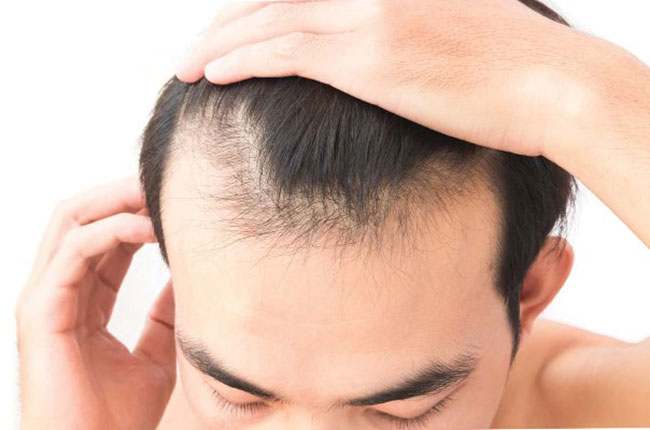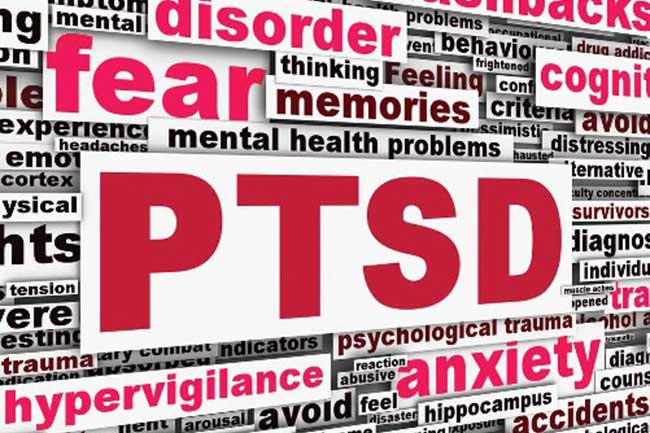As studies and counter studies continue to recommend and argues against coffee, a new study has found that three cups of coffee a day may actually be beneficial for health. Although too much coffee during pregnancy could be harmful and coffee cannot be classified as a health drink, the study also found that moderate consumption of coffee could lower risk of liver disease and a lower risk of dying from stroke. Researchers advise coffee drinkers to stick to ‘healthy coffees’, which avoid extra sugar, milk or cream, or a fatty snack on the side.
Asthma patients advised to wear scarves

People suffering from asthma are advised to wear scarves over their nose and mouth to prevent asthma attacks during the cold winter season. According to health experts, breathing in cold, damp air can make the airways tighten and trigger an attack, causing coughing, wheezing and gasping for breath. Although the scarf is not a replacement for asthma medicines, it can help reduce the impact of the weather on asthma, especially in cold countries.
Early baldness linked to higher heart disease risk

Male pattern baldness and premature greying are said to be risk factors for heart disease in men under the age of 40. A new research has found that early baldness is more of a risk factor than obesity. The study, which covered over 2000 young men showed that the majority of them who had coronary artery disease were prematurely bald or grey than men with a full head of hair. This calls for modifications in the lifestyle and risk factors such as high cholesterol and blood pressure. These are far more important things to consider.
PTSD among cancer survivors

Post-traumatic stress disorder, which commonly afflicts war veterans and assault victims, has its effects on cancer survivors too. A new research has shown that the trauma of a cancer scare often leaves survivors with the condition. Researchers tracked outcomes for 469 adults with different types of cancer and learnt that nearly 22 percent had symptoms of PTSD six months after their cancer diagnosis; about 6 percent still had the condition four years after diagnosis. They noted that many patients live in fear that their cancer will return, and many believe that any lump or bump, pain or ache, fatigue or fever indicates a return of the disease. This disorder could have an impact on cancer scare as some survivors tend to skip follow-ups to avoid triggering memories of the earlier experience.

